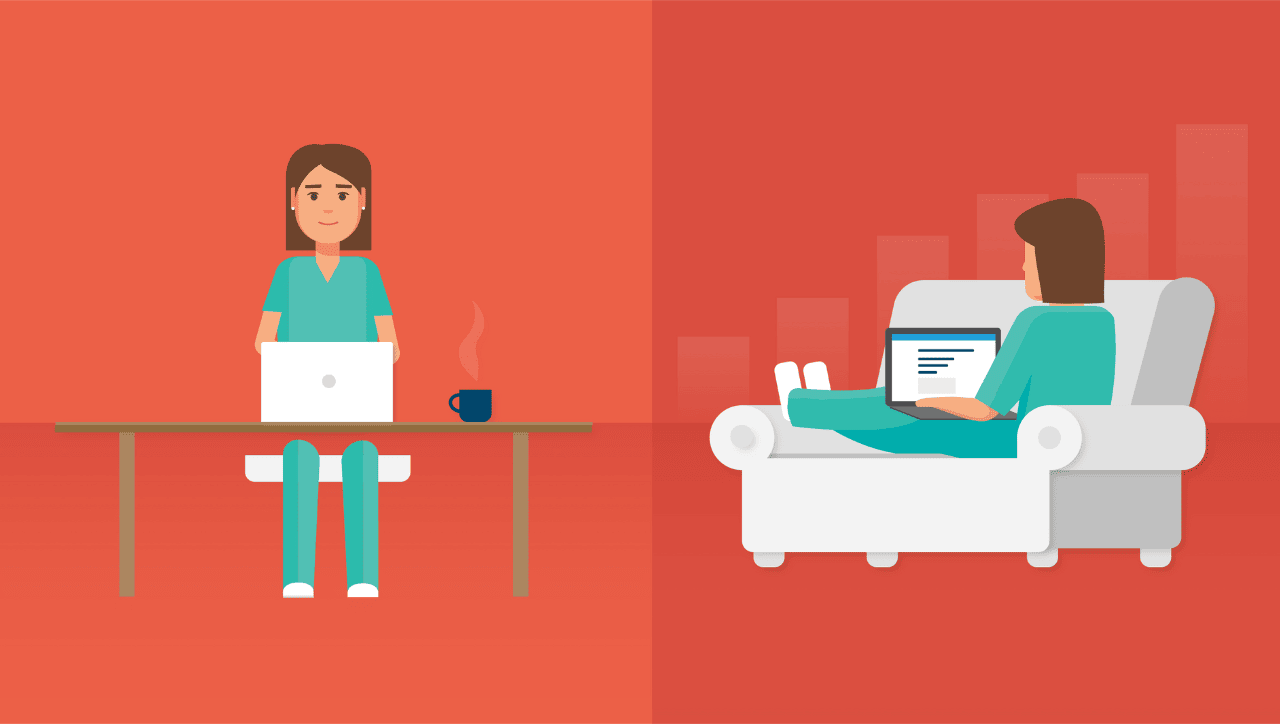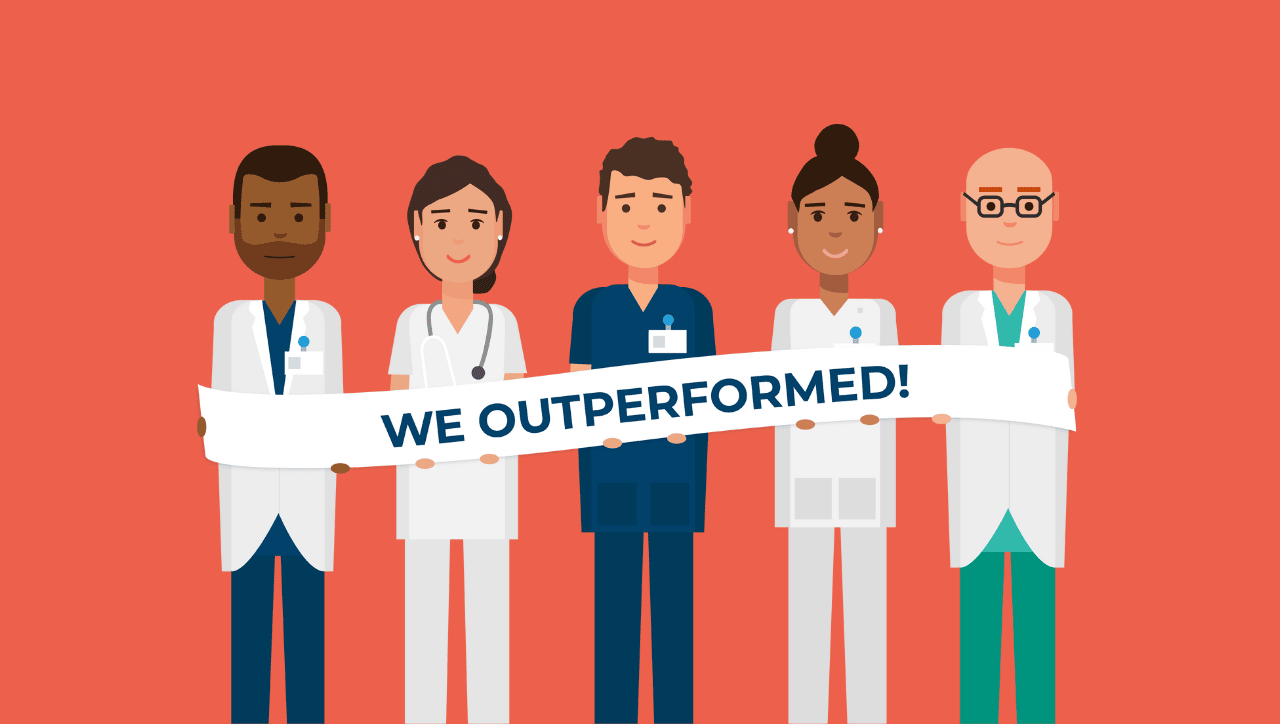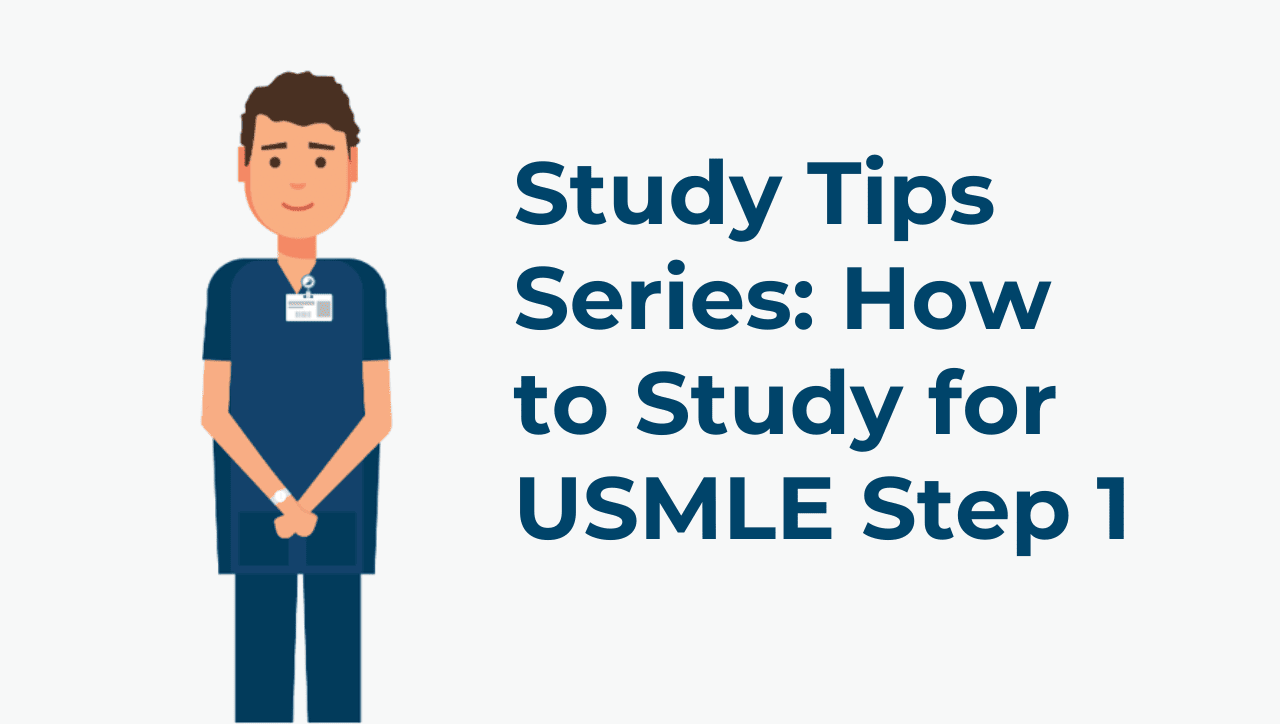USMLE Step 1 Tips [Webinar Tutor Series: Part III]
As your test date for USMLE Step 1 comes near, you are bound to be feeling some anxiety about the examination. However, you should also be feeling confident that your hard work is going to pay off with a passing score and progression to your clinical rotations. Still, as you go through the final stretch of Step 1 preparation, there are a few things that you can be doing to maximize your confidence and chance of passing. Additionally, when you think about your test day itself, there are a few interventions students have used successfully.
Study with Practice Questions and Assessments
In case you are reading this blog early in your examination preparation, here are some blanket recommendations for everyone:
- At a bare minimum, you should complete at least one question bank and go through all incorrect questions. That being said, many students will benefit from either resetting and completing the bank a second time and/or working through a second bank to increase their exposure to concepts and see some diversity in how topics can be tested.
- Complete all of the available NBME self-assessments. Space these assessments out so that you are taking about one a week leading up to your test day. You also need to take the time to review any incorrect questions and questions that you happened to guess on and answer correctly.
- Use of other resources is variable and often comes down to what you like. Completing at least one pass through First Aid is usually helpful, especially for reviewing little details. Depending on your learning style, flashcards and video series may also be useful.
As for students who are approaching their last 1-2 weeks of preparation, this is the time to focus on two aspects of preparation: NBME self-assessments and high-yield content.
With regards to the former, you should not be taking your test unless you have, at a minimum, completed an NBME with the results showing that you have a greater than 70-75% chance of passing. Ideally, you will be even higher than this. If you find yourself on the fence of this number, think about pushing your examination back, as failing does have negative consequences. If you are going to take the test, make sure to review the NBMEs closely and correct any deficiencies that are holding your score back. You can even go back to some of your older NBME self-assessments in order to ensure mastery of previously missed concepts.
In terms of reviewing high-yield content, this is where your question banks come in. Ideally, you should be spending the last 1-2 weeks focused on content that you are struggling with and that more than 55-60% of users are consistently answering correctly. Think about the things that scare you and that you hope are not going to show up on your exam. From there, go look for those topics in your bank and review the most high-yield aspects. Once you have this down, you can move on to something else.
Finally, the last few weeks are great for spending some time (1-2 hours) daily reviewing more nit-picky minutiae, like biostatistics equations, biochemistry pathways, and drug mechanisms.
Build Up Your Question-Taking Stamina
Stamina is a big component of success on test day as fatigue can absolutely ruin your score. With that in mind, think about it like this: if you decided to run a marathon, you wouldn’t wait until the day of to finally start stringing chunks of miles together. The USMLE is no different! As your test day approaches, you should spend the last 1-2 weeks (ideally more) working to build your stamina.
From my experience as a tutor, the most effective ways to do this include:
- Start waking up at the same time that you will for test day. From there, you should start doing USMLE practice questions around the same time that your test will start. If your test is at 8 am, you should start conditioning your body to answer questions at 8 am.
- Start doing timed blocks of 40 questions. Ideally, you should get to where you are least comfortable doing two timed blocks back-to-back without any significant break.
- You should also be doing your NBME practice examinations on timed mode. That being said, while the NBME practice examinations only cover half of the length of the real test, you don’t need to string two practice examinations together unless you really want to. For most students, a single practice examination is a good way to judge your stamina and how fatigue impacts your performance.
You should also try to look for some objective metrics for how fatigue impacts you. For example, inspect the last 10-12 questions of any timed block or practice examination. If you are consistently missing a large amount of questions in this part of the examination, fatigue is probably impacting your score.
Rest Before Test Day
To be perfectly honest, when you are less than 24 hours from your test, you either know it or you don’t. With that in mind, students should take the day off and rest. You are more likely to pass if you go into test day feeling refreshed and confident. Get some exercise, do some things that make you happy, have a nice and healthy dinner, and get to bed early.
That being said, I know that anxiety often prevents students from taking the entire day off. With that in mind, if you do feel the need to study, I would advise you to cap that at no more than 3-4 hours, reviewing the most high-yield material that you are struggling with. If you opt for this route, I recommend calling it a day by no later than 12-2 pm.
Step 1 Exam Day Tips
For test day itself, I have found the following list of Do’s and Don’t’s to be very effective for managing fatigue and anxiety, and ensuring the best possible outcome:
- Start your day off stress-free. Get to bed early, set multiple alarms, have your snacks for the day planned out, know your route to the exam center, etc. Little things like this can take pressure off of you and will allow you to go into test day feeling calm.
- Eat well. Pack healthy snacks that are going to provide you with energy and won’t cause you to crash. Take the last few weeks to experiment with what kind of food works best for you, assuming that you don’t know that already.
- Plan to take breaks. You should not push through more than two blocks without taking at least a small break. However, if you do find yourself feeling particularly stressed out after one block, it is okay to take a break sooner in order to regain your composure and confidence.
- Don’t try to study on your breaks. It is unlikely that this will help you and it will prevent you from recovering and going into your next block feeling fresh.
- Don’t look up answers to questions from a previous block. You are most likely to look up a hard question and these hard questions are the ones that you are more likely to have missed. Knowing that you missed a question won’t help you but could very well add a feeling of anxiety to your next block.
- Don’t stress about every question. You can miss a lot of questions and still pass. Keep this in mind and avoid getting hung up on any one question to the point that it destroys your timing or distracts you later in the block.
Try to implement these tips during the final weeks of your preparation and you will maximize your chances of passing Step 1.
Explore TrueLearn’s USMLE Step 1 SmartBank
Learn MoreAbout the Author
Christopher Carrubba, MD, is an experienced medical education executive with over 12 years of experience in USMLE and COMLEX tutoring, question writing, and content development. During residency in Internal Medicine at the University of Colorado, he was hired to the position of medical director at MedSchool Tutors where, in addition to completing over 5,000 hours of personalized tutoring, he was responsible for hiring and training new tutors and establishing consulting relationships with medical schools and content providers. In 2017, he began his own tutoring and consulting firm where he is still active as a personal tutor and consultant for medical schools. He is also a medical director at TrueLearn and is responsible for item development in the USMLE and shelf banks. His focus is on creating content that mimics the tutor experience and provides students with multiple learning methods and an opportunity to improve their test-taking skills. He has taken several courses in learning theory and applies this to his work. In his free time, he enjoys spending time with his wife Aakriti and two sons, Donovan and Kairav.


